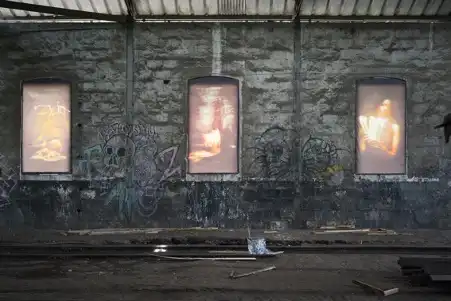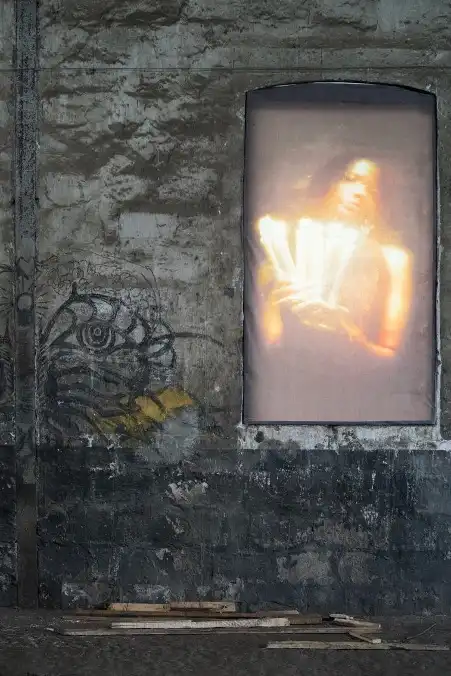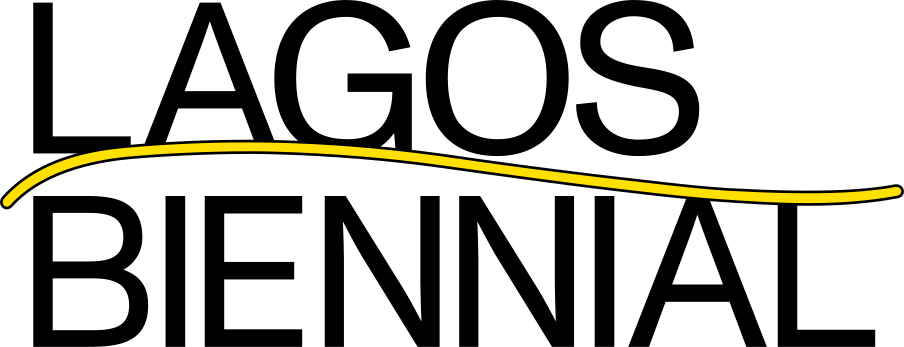

Adéọlá Ọlágúnjú, Navigating Dark Space, installation view, Eva Maria Ocherbauer 2017.
Born Nigeria, lives and works in Lagos, Nigeria.
Navigating a Dark Space 2017
installation with photographs and light
Courtesy of the artist
Artist’s statement
The Yorubas like to talk about the near impossibility of a person or situation returning to normal after things have gone south with a proverb: Oju apa o le da bi oju ara. Loosely translated, this means: It is impossible for a scarred body to look the same after it has healed. Of course, the Yorubas refer to something beyond physical healing with this proverb. Sometimes a scar is simply the way a body carries a memory the mind has forgotten. At other times the body heals, but the mind memory lingers.
As a way of interrogating the period of liminality between trauma and healing, I have chosen my personal experiences as a starting point. After I survived a period of health traumas, I began to feel severely depressed. I felt trapped in a cocoon, an outerworld, a private darkness. I fought to get out but I hit walls. The emotions were everywhere: in my face, inhabiting everything I tried to do, I wore them around on my sleeves. Naturally, to articulate such an interrogation, I have chosen to insert myself in these spaces through self-portraitures.
Unsteadiness is never deliberate, instead it is usually an unavoidable companion in any darkness. Navigating a dark space necessitates explorations of imbalance—and consequently, overlapping realities. Throughout the project, there is a constant negotiation between myself and what my space allows: if I hold a light to my inner man, what will be revealed?
Navigating a Dark Space is a result of me embracing my own darkness; it is the tape-rule with which I measure the perimeters of my weaknesses, of my fears. In measuring these perimeters, perhaps I will find my way into my strengths. I am holding a light to myself, but perhaps, I am my own illumination.








